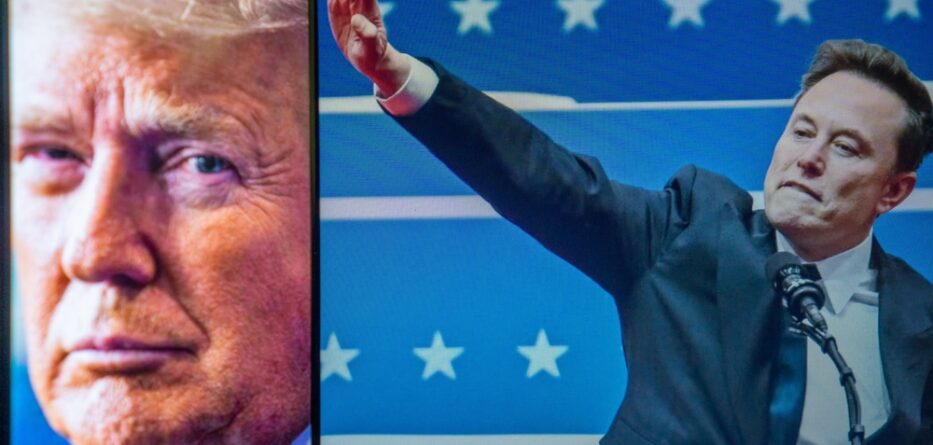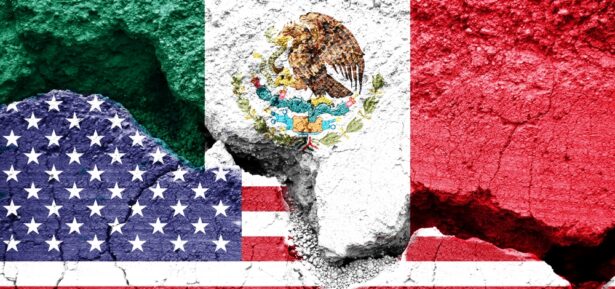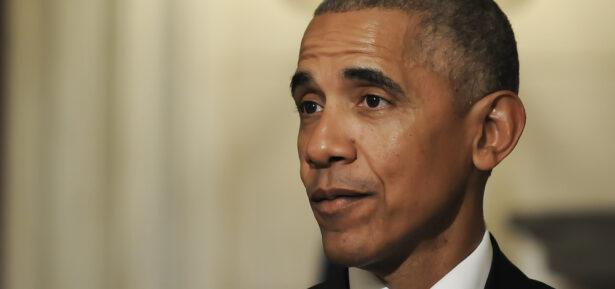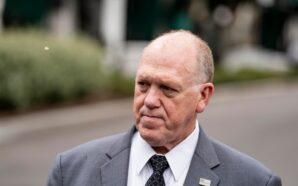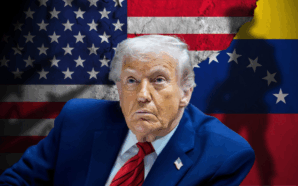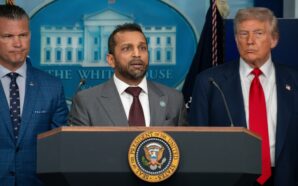
Elon Musk acknowledges his online criticism of President Trump went too far as both sides begin to de-escalate a highly publicized feud
In an unexpected twist to one of the most high-profile public feuds in recent political memory, Elon Musk has signaled a shift in tone, admitting that some of his recent comments about President Donald Trump “went too far.”
Posting on his social media platform X this Wednesday, Musk wrote: “I regret some of my posts about President @realDonaldTrump last week. They went too far.” The admission comes after a turbulent week that saw the billionaire entrepreneur engage in a fierce online battle with the president—one that spilled into headlines, investor forums, and even international political circles.
I regret some of my posts about President @realDonaldTrump last week. They went too far.
— Elon Musk (@elonmusk) June 11, 2025
While Musk did not clarify which posts he regretted, many were quick to connect the dots to a flurry of now-deleted messages. These included allegations linking Trump to the Epstein files, public calls for impeachment, and fiery critiques of the administration’s controversial tax-and-spend bill, which Musk had previously branded a “disgusting abomination.”
The feud had reached such a fever pitch that Trump, once a political ally of Musk, declared their relationship “over” and warned of “serious consequences” should Musk continue to pressure Republicans supporting the spending bill. Some even speculated the president might offload the Tesla he purchased earlier this year—a move he later downplayed with his trademark bravado.
Musk’s reversal appears to have had a calming effect on markets, with Tesla shares in Frankfurt rising 2.44% in early trading. Analysts say the post may also indicate a broader shift in Musk’s posture, especially as he looks to maintain critical government contracts for his companies, including SpaceX, which holds billions in federal agreements.
Sources close to Musk say the tech mogul’s fury has cooled in recent days, with close advisors urging him to adopt a more diplomatic approach. Even his father, Errol Musk, weighed in from Moscow, describing the situation as a product of “intense stress” and calling for the two men to “end this on a good note—very soon.”
Trump, for his part, has recently softened his tone. While initially accusing Musk of “losing his mind,” the president told reporters this week, “I wish him well. Very well, actually.” He also confirmed he has no plans to cancel Starlink, the Musk-run satellite network that has become a vital infrastructure for both commercial and defense operations.
Observers note that both men have more in common than their recent clash suggests: Musk was a key donor to Trump’s 2024 campaign and briefly led the now-defunct Department of Government Efficiency (DOGE). Their fallout, however, showcased just how combustible egos and influence can become in the age of digital diplomacy.
Political insiders and Republican lawmakers have called for reconciliation, warning that the feud could distract from key policy priorities—including deregulation and tech innovation.
In a political environment often defined by sharp divisions, Musk’s public mea culpa may be the first step in mending a rift that seemed destined for permanent estrangement. Whether this marks a true thaw or just the eye of a social media storm remains to be seen.
-
Credit: Shutterstock While the Super Bowl delivered its usual edge-of-your-seat action on the field, millions of fans made a...
-
Credit: Shutterstock The U.S. Department of Justice on Friday unveiled its most extensive disclosure yet in the Jeffrey Epstein...
-
Credit: Shutterstock In a dramatic reset aimed at cooling tensions, Border Czar Tom Homan has ordered Border Patrol leadership...
-
Credit: Shutterstock Former President Donald Trump has once again ignited global controversy—this time by reviving his push for U.S....
-
Credit: Shutterstock Political tensions across the Americas surged this weekend after former U.S. President Donald Trump issued stark warnings...
-
Credit: Shutterstock Minnesota Governor Tim Walz responded Sunday to mounting concerns over a major fraud scandal after a viral...
-
Credit: Shutterstock The Department of Justice has reversed course and restored previously removed images from the Jeffrey Epstein document...
-
Credit: Shutterstock The world of film, television, and political activism is reeling from the sudden and devastating news of...
-
Credit: Shutterstock JPMorgan Chase CEO Jamie Dimon delivered an unusually direct rebuttal this week after Trump Media & Technology...
-
Credit: Shutterstock A shocking new 115-page report has peeled back the curtain on life inside the FBI under Director...
-
Credit: Shutterstock Bay Area residents who recently glanced up over the Golden Gate Bridge were treated to an unexpected...
-
Credit: Shutterstock As President Donald Trump abruptly turned against Rep. Marjorie Taylor Greene, one of his most vocal supporters,...

